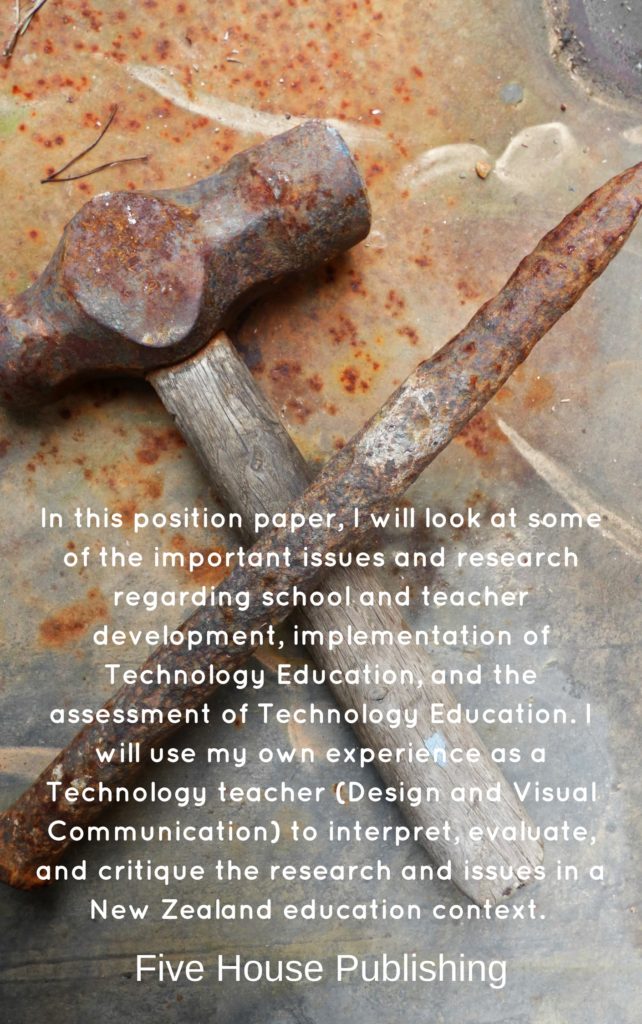Description
1.1 The implications of research for Implementing Technology Education
*Excerpt from the paper.
“Over the past 15 to 20 years much of international research into learning and students have been around the theories of science, constructivists views of learning and conceptual development” (Osborne & Whittock, 1985, as cited in Bell, & Gilbert, 1994, p. 495).
During this period, the aim was to get teachers to feel empowered and not to be dependent on the facilitator for their development. The idea was to get teachers to feel part of the group and to feel included. When they felt that they were making a valuable contribution to the programme, a change occurred. This consultative approach, by including Technology teachers, made teachers felt part of the process, and that their contributions were valued. Bell and Gilbert (1994) list the following important contributions that add to a successful programme with Technology teachers:
- Feelings that their opinions, ideas, teaching activities, suggestions in decision making, and initiatives are worthwhile.
- Develop a sense of ownership towards their development.
- Address their concerns and needs.
- Volunteer for the programme or an aspect of the programme.
- Negotiate the content and form of the programme.
- Determine the pace and nature of the changes.
- View themselves as learners
- To be innovative and creative, rather than only be given strategies to implement.
- Feel that the changes are possible and beneficial in the current school and political situation.
Contents:
Introduction. 7
- School and teacher development 8
1.1 The effect of classroom and school cultures on student performance in technological activities. 8
1.2 The implications of research for Implementing Technology Education. 9
1.3 Teacher development and the implications of teacher development 11
1.4 The key components in teacher development programs in Technology Education. 12
- Implementation of Technology in schools. 13
2.1 Research in Technology Education indicates that subject subcultures have a large impact on student performance in technology activities. 14
2.2 The implications for models of implementation in Technology Education. 15
2.3 The implications when a subject changes status. 16
- Assessments. 19
3.1 The general principles of assessment applied to Technology Education. 19
3.2 Assessment procedures available from other areas that might be appropriate for Technology. 20
3.3 Characteristics of assessment in Technology. 20
3.4 How the nature of Technology can be reflected in assessment procedures. 21
- Conclusion. 22
- References: 24
- About the Author 26
- APA referencing and citation. 27
- Links to websites—New Zealand—Technology Education: 28
- Update on Digital Technology in New Zealand Education (aim for 2016 & 2018): 31
AIM FOR 2016. 31
AIM FOR 2018. 31
Digital curriculum changes connect young people to the future (June 2017 – Nikki Kaye) 32










